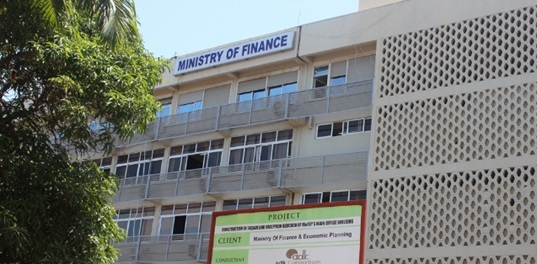The Ministry of Finance has directed the Controller and Accountant General to disburse $30 million to Independent Power Producer, Sunon Asogli, under a new agreement aimed at resolving the debt issues that led to the shutdown of its 560-megawatt power plant.
This action comes amid growing concerns that Ghana could face a resurgence of “dumsor,” a term used to describe prolonged power outages, with potentially severe impacts on the national economy.
The shutdown, triggered by a $259 million debt owed by the Electricity Company of Ghana (ECG), underscores the financial challenges within the power sector.
Sunon Asogli spokesperson, Elikplim Apertogbor, expressed frustrations with the slow pace of negotiations, stating, “Since we shut down, we’ve been having some verbal engagement, and he [Finance Minister] maintained the position that until this thing is done, he’s not willing to talk to us.”
He noted that repeated promises by the Finance Minister to fulfill payment obligations had yet to be honored.
Ben Boakye, Executive Director of the Africa Center for Energy Policy, has confirmed that the Controller and Accountant General’s Department had processed a $30 million payment to Sunon Asogli to restore operations.
However, pointing out that the inefficiencies in the energy sector continue to plague the sector, attributing them to a combination of revenue collection challenges and a lack of effective leadership at ECG.
“These kinds of shutdowns will keep coming up because the situation is not good, it’s really terrible,” Mr Boakye commented.
He argued that ECG’s financial management issues stem more from leadership deficiencies than from funding shortages, stating, “We always talk about investment, we need investment. But even when you put in the investment, the situation worsens. So it tells you that the problem is more of leadership and the commitment to deal with the problem than actually money.”
The $30 million disbursement has raised questions about resource allocation priorities as Mr Boakye pointed out that the funds, which could have been allocated to critical sectors like education and healthcare, are instead being used to cover ECG’s debt.
He criticized the government’s failure to treat the power sector as a business, noting that political considerations hinder ECG’s ability to operate sustainably.
Norvanreports





